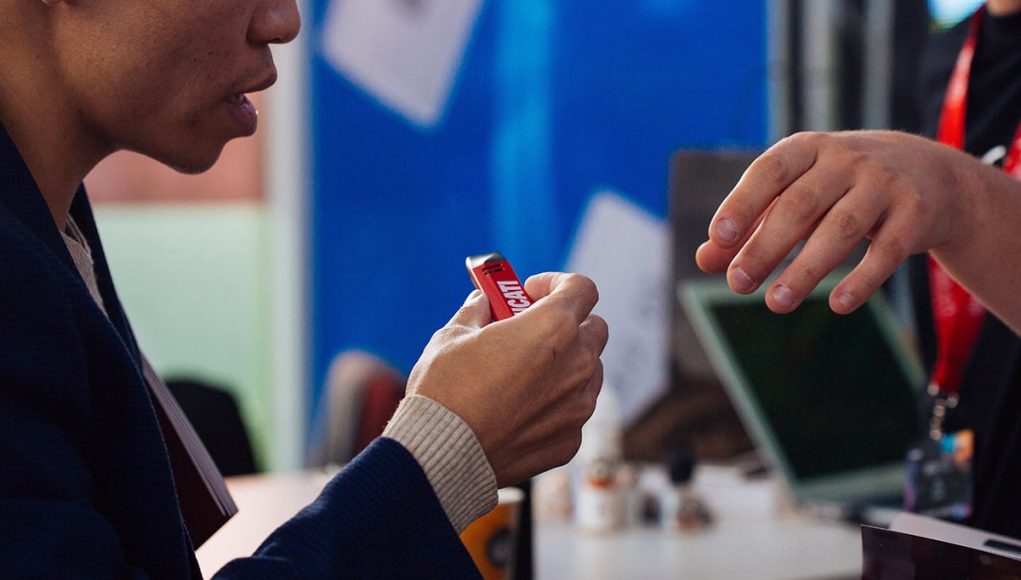SB 2239
SB 2239 aims to regulate the importation, manufacture, sale, packaging, distribution, use and consumption of e-cigarettes and heated tobacco products (HTPs) using internationally-accepted standards to protect citizens from the hazards of regulated, unregulated and substandard products.
Recto highlighted that the bill will be of service to public health. “Why? Because, it is less harmful. Can you imagine how many lives would have been saved if instead of smoking, they shifted to these types of products?” he said.
Last November the position of the Philippine delegation at the FCTC COP9 was commended by tobacco harm reduction experts worldwide. Basing its arguments on sound scientific data, the delegation described vaping and heated tobacco products as “salutary” and “source of good” during the ongoing the 9th Conference of Parties (COP9) to the World Health Organization Framework Convention on Tobacco Control (WHO FCTC). Moreover, the delegation allegedly praised the tobacco industry for its efforts to self regulate and develop safer nicotine alternatives.
Leading the panel of Philippine officials, Foreign Affairs Secretary Teodoro Locsin Jr. called on the World Health Organization “to regain the momentum” of tobacco control and consider “evolving and latest scientific information” in solving the global smoking epidemic.
The DOH maintains an outdated stance
Sadly however, at the time the Department of Health (DOH) of the Philippines said it wanted to disassociate itself from the delegation, and inaccurately accused it of promoting the interests of the tobacco industry. The DOH, said that “there is no good in tobacco” and that “giving misleading information that dilutes the risks of tobacco products and undue recognition to tobacco industries, including those of vapor products and heated tobacco products, is harmful.”
And last December the DOH disappointed tobacco harm reduction advocates again, when it joined other health and civil society groups in condemning Senate Bill 2239. In a statement, the DoH said the approval of the SB 2239 will put the Filipino youth at risk, claiming that prevalence of the e-cig use has risen amongst youngsters.
“By lowering the age of access to vapor products from 21 to 18 years old, allowing flavorings, and permitting advertising and sponsorship strategies, the bill, when passed into law, will expose our youth to harmful and addictive substances by making vapor products enticing and easily accessible,” it said.
Smoking cessation experts commend SB 2239
Meanwhile, international tobacco harm reduction experts commend the Philippine Vape Bill currently awaiting President Rodrigo Duterte’s signature. “The world is watching as the Philippines Senate looks set to approve the most progressive and risk-proportionate vaping legislation in Asia Pacific. We’re hoping other countries in the region will then follow their lead,” said Nancy Loucas, the Executive Coordinator of the Coalition of Asia Pacific Tobacco Harm Reduction Advocates (CAPHRA).
Other experts that have expressed their support of the bill are Prof. David Sweanor, advisory committee chair at the University of Ottawa Centre for Health Law, Policy and Ethics, Prof. David Nutt of the Imperial College of London, Prof. Peter Hajek of the Queen Mary University of London and Dr. Tom Glynn of Stanford University’s School of Medicine are among the international experts who expressed support for the approval of the vape bill which is designed to provide Filipino smokers with less harmful alternatives to cigarettes.
Read Further: The Manila Times








